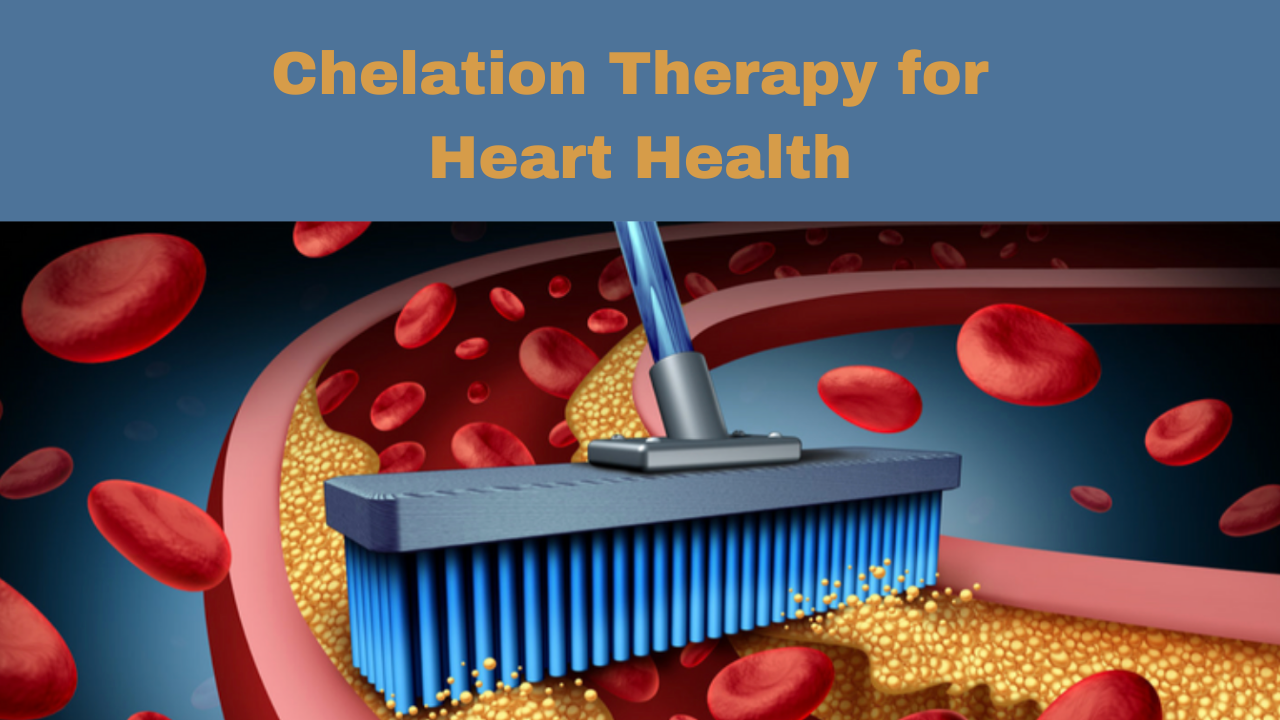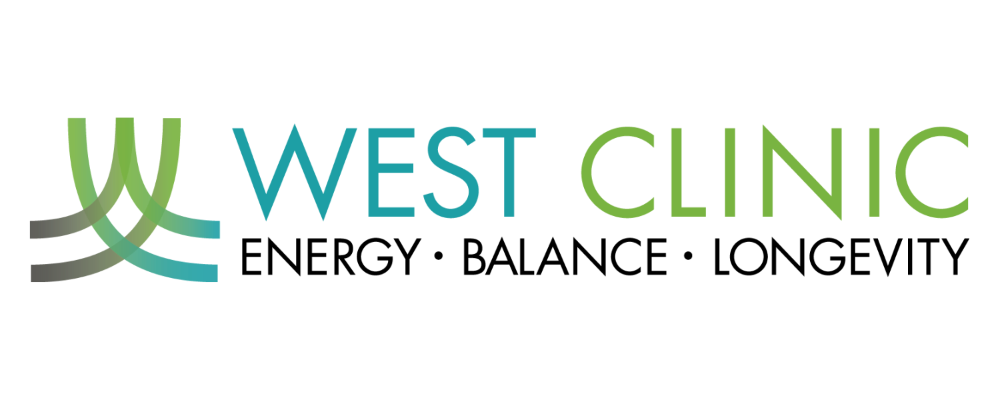Chelation Therapy for Heart Health

Traditionally, chelation is used to remove toxic heavy metals from the body. However, it can also be used to improve heart health, clear out clogged arteries and improve blood flow.
What is Chelation Therapy?
Chelation therapy is the use of a chemical agent to bind and remove heavy metals from the body. Chelation therapy can be administered orally or intravenously (IV). IV means that the chelating agents are mixed into a solution with vitamins and minerals and given directly into the bloodstream. Oral chelation is gentler and less effective than IV chelation and therefore requires a longer course of treatment. For patients who are extremely sensitive it may be appropriate to begin with oral chelation. Oral chelation can also be combined with IV chelation for the most effective treatment. The three major synthetic chelating agents in current use are EDTA (Calcium or Sodium Ethylene Diamine Tetra-acetic Acid), DMPS (2,3-dimercapto-1-propane sulfonic acid) and DMSA (Dimercaptosuccinic acid).
What is Chelation Therapy Used For?
Chelation therapy is approved by the FDA as a treatment for lead poisoning. Many physicians are also using chelation therapy to remove other heavy metals from the body such as mercury, cadmium, aluminum and arsenic. Chelation therapy is also commonly used to treat atherosclerosis, coronary, cerebral and peripheral arteriovascular disease, and other degenerative diseases. There are a multitude of medical conditions associated with the deposition of heavy metals in the blood vessels, organs and bones.
Oral Chelation
There has recently been an upsurge of aggressive marketing and advertising for oral products that contain chelating agents. Although only a small amount is absorbed orally (DMSA), it is true that after taking such a product every day for a year or more the same total amount of chelating agents as received in a course of intravenous therapy can be assimilated. The problem is that 95% of the oral chelating agents remain in the digestive tract, pass on through, and cling tightly to nutritional trace elements such as zinc, copper, manganese, and chromium, blocking their absorption and carrying them out of the body in the stool. Over time that can cause severe nutritional deficiencies.
Additionally, due to the wide spectrum of gastrointestinal dysbiosis inherent within our society and the extreme levels of gut malabsorption, there is difficulty with achieving consistent results with oral chelation. Due to the immense vacillation in gut absorption within certain patient populations, oral chelation therapy has not proven to be as effective.
Intravenous Chelation
Intravenous chelation is usually given only 20 to 30 times in a year. It does remove essential nutritional trace elements from the body on the days when it is given, but those losses can easily be restored and pre-existing deficiencies replenished by supplementing intravenously and orally during the more than 300 days of the year when there are no chelating agents in the body to counteract absorption or cause deficiencies.
One hundred percent of intravenous chelating agents (EDTA & DMPS) are absorbed on the day they are infused. Oral chelating agents are so poorly absorbed that they must be taken every day, and there is never a time to make up the losses. It is also not possible to supplement with additional trace elements while taking oral chelating agents because even more would then be trapped in the digestive tract, bound to nutritional elements, reducing absorption of both essential nutrients and the chelating agents.
Frequency
As the body starts to release intracellular heavy metals, if the chelating agents are not given again within a reasonable period of time, the heavy metals are redistributed again back from extracellular to intracellular spaces. To prevent this, intravenous chelation with EDTA should be performed from one to three times a week. Intravenous chelation with DMPS should be performed at a maximum of every two weeks. To further prevent redistribution of heavy metals, oral DMSA and natural chelating agents are used between chelation treatments.
The frequency and type of chelation that is most appropriate for you will be based on the results of your heavy metal challenge test and severity of symptoms. Weekly intravenous chelation treatments are performed in a series of ten treatments, with a maximum of three series per year, reassessing with a heavy metal challenge test after each series of ten treatments.
Chelation Support
The following supportive treatments and therapies are as important to the process of chelation as the chelation agents themselves and are crucial for maintaining the safety and effectiveness of chelation therapy. They are not optional.
Remineralization
To prevent nutritional deficiencies, administration of intravenous vitamins and minerals will be performed every one to three chelation treatments to be determined by your physician based on your current health status. No mineral supplements should be taken 24 hours before and 36 hours after chelation treatments.
Exercise
The body’s rate of chelation doubles during major muscle use due to the chelation capabilities of lactic acid therefore a minimum of 20 minutes of circulatory exercise (brisk walking, endurance exercise) should be performed daily.
Dietary Intake
An imbalanced diet high in acidic-producing foods such as animal protein, sugar, caffeine, and processed foods puts pressure on the body's regulating systems to maintain pH neutrality. The extra buffering (neutralizing) required can deplete the body of alkaline minerals such as sodium, potassium, magnesium, and calcium, making the person prone to chronic and degenerative disease. Minerals are leached from vital organs and bones to neutralize the acid and safely remove it from the body. Because of this strain, the body can suffer severe and prolonged damage; a condition that may go undetected for years.
It is important that your daily dietary intake of food naturally acts to balance your body pH. To maintain health, the diet should consist of at least 60% alkaline forming foods and at most 40% acid forming foods. To restore health (detoxify), the diet should consist of 80% alkaline forming foods and 20% acid forming foods. During a chelation program it is important that your diet fall between these percentages to assist in the process of detoxification.
Hydration
Adequate hydration is crucial to supporting the flushing of chelating agents through the kidneys and gastrointestinal system. Drink 2 to 3 liters (64 to 96 ounces) of filtered water daily (not reverse osmosis or distilled).



